Amazon: ABA Offers Resources; Project Goldcrest
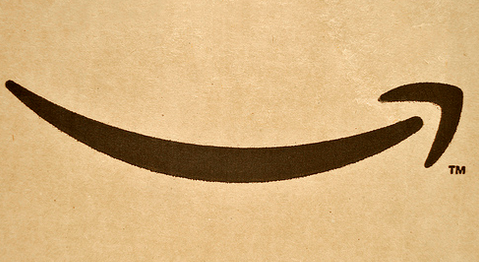
Among the items: the ABA/Civic Economics study "Amazon and Empty Storefronts," which was unveiled at WI11; a Paul Krugman column in the New York Times called "Amazon's Monopsony Is Not O.K."; and infographics from the Institute for Local Self-Reliance that stores can use to create visuals of Amazon's effects on local businesses, jobs, taxes and communities at large.
---
A website called Former and Current Employees of Amazon (FACE) contains more than 100 posts about the working environment at the company, most of which are scathing, as well as an open letter to CEO Jeff Bezos. Read some of the amazing posts here.
---
Amazon.com apparently aims to add to traffic congestion and streams of packaging materials as well as expand the gig economy: according to Reuters, the company is inviting drivers to join "its new 'on-demand' delivery service to handle its standard packages."
In e-mails to contract drivers who, under an Uber-like arrangement, deliver parcels for Amazon Flex, the quick delivery service for Prime Now customers, Amazon said it wants them to help deliver regular orders, separate from Prime Now deliveries. Eventually they should be able to mix orders.
To qualify for the new service, Reuters said Amazon specified that drivers must have a four-door car that is a "mid-sized sedan or larger." The "introductory" pay rate is $18 per hour, and drivers can schedule shifts between 8 a.m. and 4 p.m every day. Drivers, who are treated as independent contractors by Amazon, must pay for their own insurance and fuel and will pick up packages at large fulfillment centers.
Reuters noted that "the 'last mile' portion of delivery--the final and usually most expensive stretch of a package's journey from a retailer's warehouse to a customer's front door--has become increasingly important as shoppers expect cheaper and faster delivery."
---
 Using documents from an IRS battle with Amazon, the Guardian, in a detailed report, has outlined Amazon's Project Goldcrest, "a complex 28-step scheme, which took more than two years to complete, and fundamentally reordered its global business in Europe using a maze of offshore entities and intercompany agreements," with the sole purpose of paying as little tax as possible in both the U.S. and Europe.
Using documents from an IRS battle with Amazon, the Guardian, in a detailed report, has outlined Amazon's Project Goldcrest, "a complex 28-step scheme, which took more than two years to complete, and fundamentally reordered its global business in Europe using a maze of offshore entities and intercompany agreements," with the sole purpose of paying as little tax as possible in both the U.S. and Europe.
The Guardian noted that "over the past 20 years, Amazon has largely avoided U.S. federal taxation by managing its books to avoid reporting any meaningful profits. Project Goldcrest has played a significant role in Amazon's aggressive tax strategy, depriving governments on both sides of the Atlantic of large sums of tax since the project's completion in 2006. Critics argue that Amazon's aggressive tax planning has also bolstered its ability to undercut rivals on price."
In an IRS memorandum filed in the case, tax inspectors say that when Amazon considered the plan, its finance staff "did not quantify any benefits other than avoided U.S. corporate income taxes."
More than a decade ago, Amazon secured favorable terms from Luxembourg, which offers significantly lower corporate tax rates than most other entities in Europe. The company set up subsidiaries that license each other's intellectual property rights and pay royalties--in Luxembourg, which doesn't tax them. As a result, beginning in 2003, Amazon paid little tax for its European operations and paid less tax to the U.S. on foreign operations. The issue has become prominent in the U.K., where, for example, in 2014, Amazon had sales of £5.3 billion but paid taxes of just £11.9 million, about 0.2%.
The IRS documents offer much more detail about Project Goldcrest, named after Luxembourg's national bird, and show "the complexity the company resorted to in order to make the scheme work and the involvement of executives at the highest levels of the company," the Guardian wrote. They also show a closer connection between Amazon executives and the highest levels of the government in Luxembourg than has ever been acknowledged.
Jean-Claude Juncker, currently president of the European Commission, was simultaneously prime minister and head of the finance ministry of Luxembourg when what many call the "sweetheart deal" was made. He has claimed that the ministry was not involved in the deals, but the IRS records "show that Amazon's then top tax official, Robert Comfort, was in direct contact with Juncker's finance ministry at crucial stages in 2003."
Antoine Deltour, the former PricewaterhouseCoopers auditor who in 2014 leaked information about Luxembourg's tax deals with multinational companies, told the Guardian, "These findings reveal that not only the multinationals like Amazon abuse the legal insufficiency of the international tax system, but that some states actively help them to do so."
The IRS contends that Amazon used "unrealistically low values" to transfer its assets from the U.S. to Luxembourg, and its valuation of these assets was the "product of counterfactual and legally baseless assumptions." The memorandum called Amazon's justification of its methods "arbitrary" and "plainly an exercise in futility." The IRS is seeking $1.5 billion in back taxes and interest from Amazon.











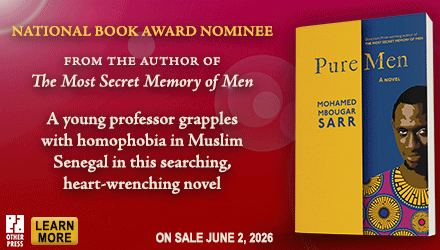



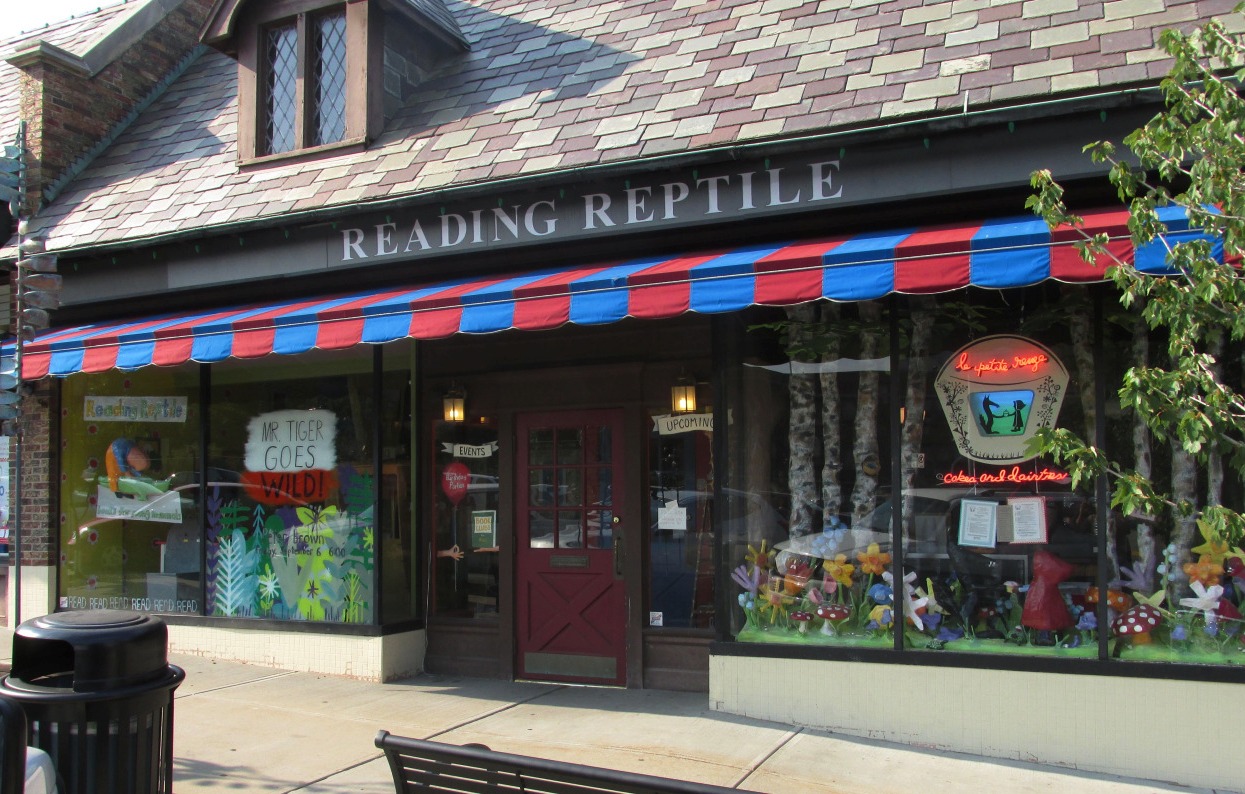 Pete Cowdin and Deb Pettid, co-owners of the
Pete Cowdin and Deb Pettid, co-owners of the  Yesterday, design author Will Taylor appeared on Good Morning America's "Hot Mess Express" segment, where he helped host Lara Spencer give a viewer's bedroom a
Yesterday, design author Will Taylor appeared on Good Morning America's "Hot Mess Express" segment, where he helped host Lara Spencer give a viewer's bedroom a  Lilac Girls: A Novel
Lilac Girls: A Novel
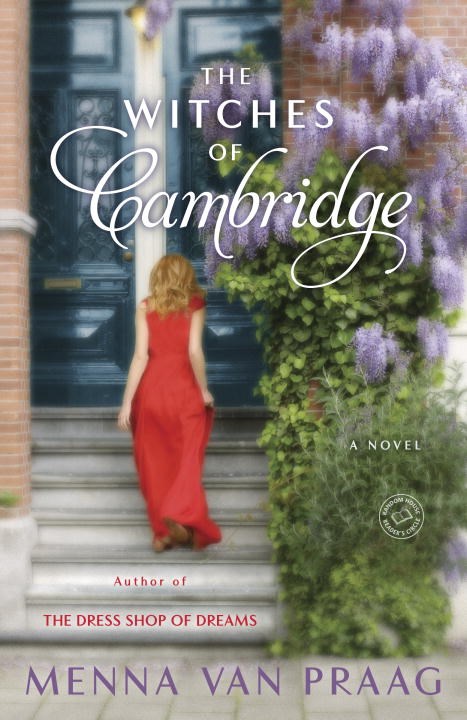 Book you're an evangelist for:
Book you're an evangelist for: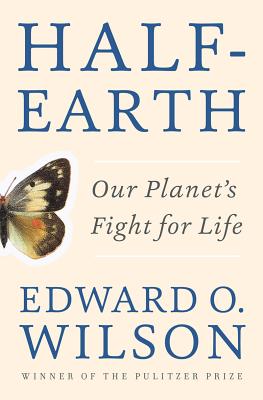 Edward O. Wilson (
Edward O. Wilson (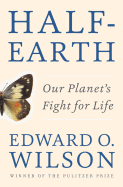
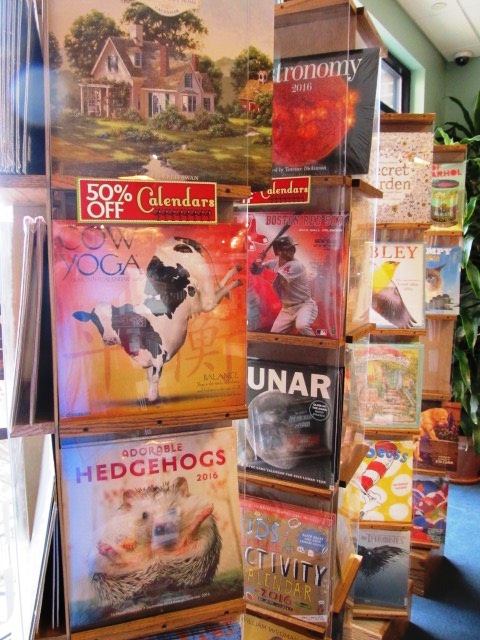 Is there anything sadder than a bookstore's 2016 calendar display in mid-February? Well, yes, there is--those last cardboard boxes of $1 wall and engagement calendars that end up on sidewalk sale tables during the summer. And we mustn't forget the customers who come into bookstores just before Labor Day Weekend to ask if there are any calendars left. Booksellers nationwide will dutifully plow through miscellaneous cartons in the basement or storeroom to retrieve the last three, the ones they couldn't even give away. Then the customers will say, in chorus: "Thanks, but I thought you'd have something more... interesting."
Is there anything sadder than a bookstore's 2016 calendar display in mid-February? Well, yes, there is--those last cardboard boxes of $1 wall and engagement calendars that end up on sidewalk sale tables during the summer. And we mustn't forget the customers who come into bookstores just before Labor Day Weekend to ask if there are any calendars left. Booksellers nationwide will dutifully plow through miscellaneous cartons in the basement or storeroom to retrieve the last three, the ones they couldn't even give away. Then the customers will say, in chorus: "Thanks, but I thought you'd have something more... interesting." 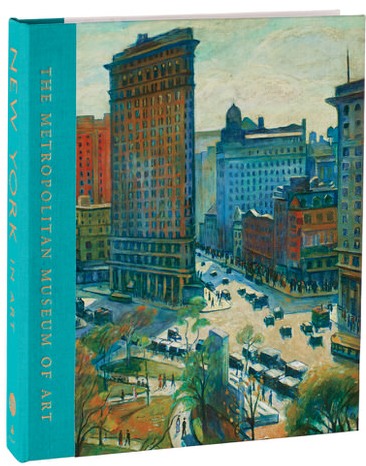 Paper still has its place in my little calendar world. Although I use an iCalendar linked from laptop to iPhone to iPad for some things, every December I engage in a curious, personal holiday ritual by making a special trip to New York City to purchase a new engagement calendar. For 2016, it's the Metropolitan Museum of Art's "
Paper still has its place in my little calendar world. Although I use an iCalendar linked from laptop to iPhone to iPad for some things, every December I engage in a curious, personal holiday ritual by making a special trip to New York City to purchase a new engagement calendar. For 2016, it's the Metropolitan Museum of Art's "